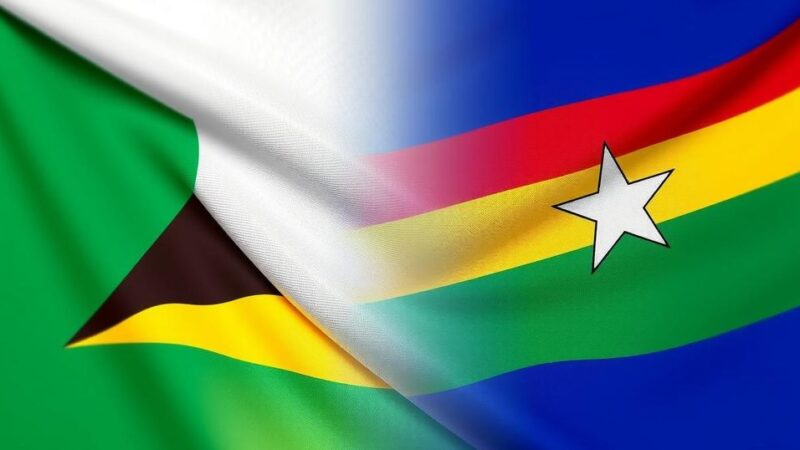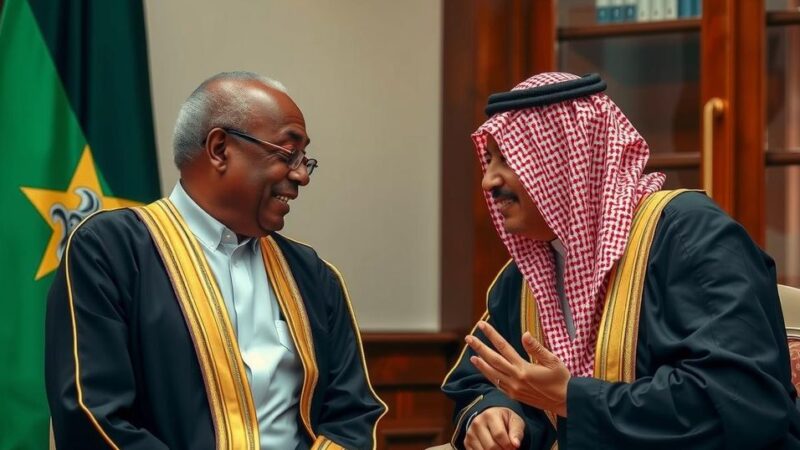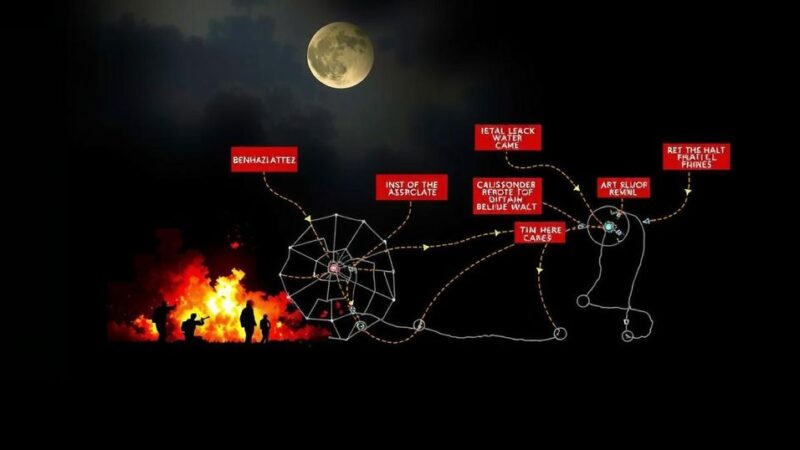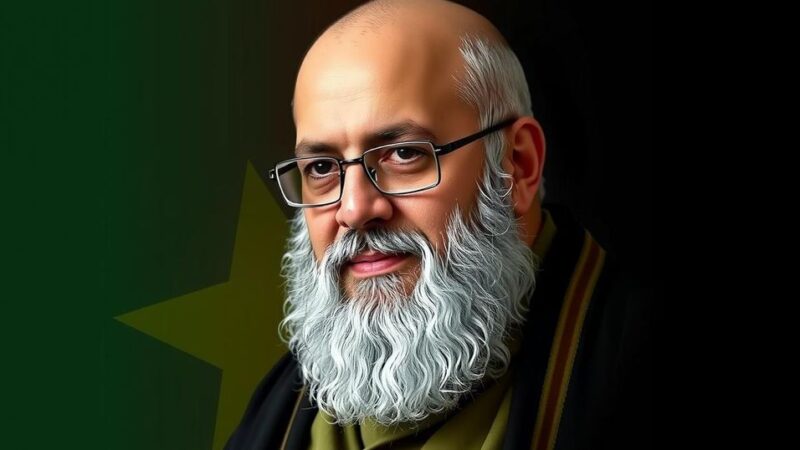During a recent ministerial meeting in Swakopmund, Namibia, foreign ministers from Namibia and South Africa displayed their support for Cuba and Venezuela in response to ongoing economic sanctions. Additionally, they condemned Israel’s actions in Lebanon, advocated for the removal of sanctions on Zimbabwe, and addressed the situation in Western Sahara concerning its self-determination rights.
On October 14 and 15, 2023, in Swakopmund, Namibia, a ministerial meeting was convened by the Foreign Ministers of Namibia, Peya Mushelenga, and South Africa, Ronald Ozzy Lamola, where both nations expressed solidarity with Cuba and Venezuela amid their current economic challenges exacerbated by unilateral sanctions. The ministers specifically denounced the extensive economic, financial, and commercial blockade imposed on Cuba by the United States, calling for the cessation of this policy that has persisted for over six decades. Additionally, the assembly condemned the Israeli airstrikes on Lebanon, labeling them as egregious violations of sovereignty and international humanitarian law. Both Minister Mushelenga and Minister Lamola urged the international community and the United Nations Security Council to adhere to and reinforce international law regarding such incidents. The discussion further extended to the need for immediate and unconditional removal of illegal sanctions imposed on Zimbabwe, which they argued adversely impact the socio-economic development of both Zimbabwe and the Southern African region as a whole. Furthermore, the situation in Western Sahara was deliberated, with a note of support towards the recent ruling from the Court of Justice of the European Union (CJEU), dated October 4, 2024, which determined that Europe violated the right to self-determination of the Sahrawi people.
The meeting also serves as a platform for reaffirming the solidarity among African nations in advocating for other countries facing international sanctions and violations of sovereignty. The support for Cuba and Venezuela is rooted in broader geopolitical considerations and historical ties between Africa and these Latin American nations. Moreover, the specific sanctions against Zimbabwe represent a complex layer of economic challenges affecting Southern Africa, demanding collective action from the region. This event underscores growing concerns regarding international law and humanitarian principles, particularly in the context of conflicts, such as those involving Israel and Lebanon, as well as issues concerning self-determination in contested regions like Western Sahara.
The meeting in Swakopmund highlighted a commitment from Namibia and South Africa to champion the rights of nations adversely affected by international sanctions, emphasizing the necessity for compliance with international law. The calls to end the blockade against Cuba and the imperative to eliminate sanctions on Zimbabwe reflect a collective stance against policies deemed counterproductive to peace and development in the Southern African region. This event not only reinforces diplomatic relations but also inspires further advocacy for sovereignty and self-determination globally.
Original Source: www.plenglish.com






